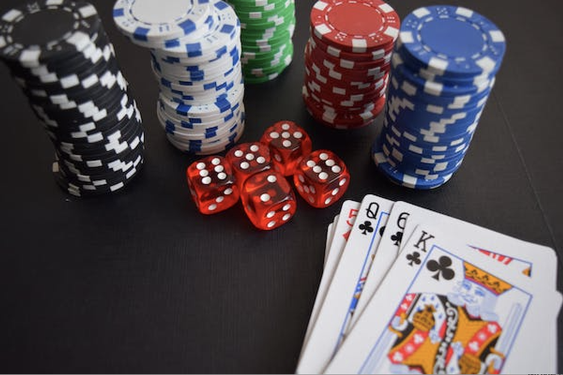Understand, you pretty much raise for two reasons – one, to make players with straight and flush draws pay dearly to hit their card, and two, to make a value bet that you think will be called by the player with the second-best hand.
The point of this column deals with the second reason: determining when your raise will be called.
Barry Shulman, the publisher of the poker bible Card Player magazine, played such a hand at the World Poker Tour’s Los Angeles Poker Classic at Commerce Casino – a hand that sounds like it came from his recently released book, 52 Tips for Texas Hold ’Em Poker.
With blinds at $200-$400, Shulman picks up A-10 unsuited in middle position and calls, as do two other players, including the big blind.
"I was playing against a young man who is an aggressive player who, once he starts, he doesn’t back off, whether he’s got it or not," Shulman said. "He’s in the blind."
The flop comes ace-little-little (ace and two cards of no consequence), no flush or straight draws.
"I have an ace," Shulman said. "It could be good. He’s the kind of guy who’s going to lead out if he has an ace."
But, tellingly, the player in the blind checks, as does Shulman.
"The guy behind us checks," Shulman said of the third player in the hand. "The guy behind us is passive, so I’m almost positive he has a pair and didn’t have an ace."
The turn comes a blank. The player in the blind leads out for $3,000. Shulman calls with his pair of aces. The third player folds.
"I’m almost sure I’ve got the best hand," Shulman said. "I’m real sure he doesn’t have an ace."
The river comes another blank.
"He leads out with a big bet and I flat-call in a heartbeat," Shulman said, winning the hand when his opponent mucked his cards.
Many novice players would’ve raised on the river, but that would be a bad play, and here’s why: You don’t raise unless you believe your opponent will call with a worse hand.
"If he happens to have a hand, he’s going to beat me if he calls, and if he’s bluffing, he’s not going to call," Shulman explained. "I had a hand I was sure was the best, but there was no chance I could raise with it because he’s not going to call unless he has a better hand.
"If I raised on the turn and he had me beat, I’m in trouble. If I raised on the turn and he’s bluffing, I don’t get any more money. I got a nice bet on the river, and it’s fine."
TABLE TALK
Mucked a hand: To fold a hand or throw hole cards into the pile of cards not being used in the current hand.
© 2005, Chicago Tribune.
Distributed by Knight Ridder/Tribune Information Services.



